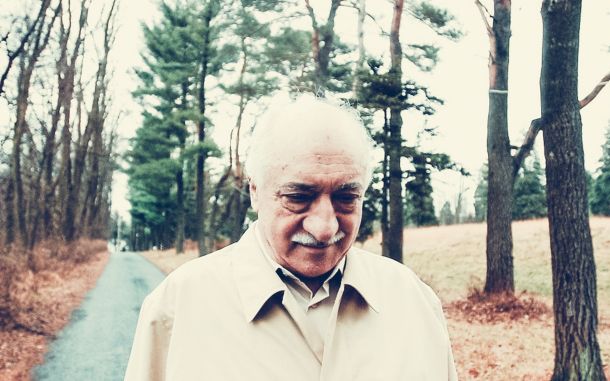Editorial (Issue 141): Being Genuine

Virtually every action that a person undertakes is affected by his intentions. Whether they be mundane and routine or grandiose and life-changing, our true, heart-felt goals influence us on a massive scale. By following this logic, it remains imperative that we work to refine and hone our intentions by checking ourselves and our true goals in life on a regular basis.
As the popular adage goes, “knowledge is power.” Truly, it is one of the most malleable assets available to us. Knowledge can lift us out of poverty, prevent us from making mistakes, and enable us to undertake new careers and passions. On the flip side, it can be used to sow hardship and destruction in society through the applications of horrible methods and devices. Islamic scholar Fethullah Gülen argues that a genuine and sincere love of knowledge must be cultivated by society if we are to collectively move forward. He also argues that it is the responsibility of higher-ups to encourage citizens to pursue knowledge, and to make it more accessible by utilizing the power that they possess for good. The pursuit of knowledge for genuine, well-meaning purposes is in everybody’s best interest.
Pushing the boundaries of one’s comfort zone is a daring task that often requires much grit and perseverance. However, it is an endeavor that is almost always worth pursuing. These boundaries are more akin to confines and cell walls than strictly comfortable padding, and they only serve to hold us back and prevent growth. New experiences can open us up to a wealth of newfound power and can allow us to learn more about ourselves. However, it remains up to our intentions for us to realize if these experiences will affect us for better or worse.
Those with pure intentions that regularly engage in good deeds are not free from suffering, often to the dismay of themselves and others. It is argued that these people do not deserve hardship because of the benefits that they bring to society and that therefore there is some injustice in the world on a metaphysical level. Muslim and Jewish traditions address this very issue and do not shy away from hardship. In fact, it is often believed that suffering is often an opportunity to test and refine one’s intentions even further so that one comes out even better in the end.








